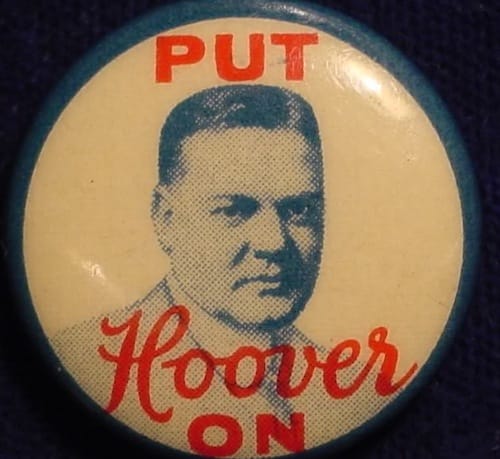American foreign policy is based on deep convictions. Those who shape it believe the United States is the indispensable nation that must lead the world; this leadership requires toughness; and toughness is best shown by threatening or using force. Beneath these beliefs lies the assumption that the United States knows more and sees further than other countries.
Many liberals embrace this dogma. That makes sense. It emerges from the liberal tradition, which imagines that humanity is steadily progressing toward a perfect world in which no one will go hungry, warlords will disappear, diseases will be cured, and people will cooperate for the common good.
Any true conservative would find this preposterous. Liberals have an expansive, optimistic view of what they can achieve in the world. They see themselves as a force for good and can be tempted to crash into other countries to “help” them toward “modernity.” Liberalism contains within it a sense of evangelical mission, which sometimes leads to we-know-best arrogance.
Conservatism, by contrast, is a live-and-let-live ideology. By nature it is prudent, careful, and restrained. Conservatives do not believe that any country can solve the world’s problems or is called to do so. They want to leave other nations alone, not remake them. That makes restraint in foreign affairs an essentially conservative doctrine.
Why, then, do so many self-proclaimed conservatives vote for lavish defense budgets, favor maintaining hundreds of military bases around the world, and support foreign wars? It is because they have left true conservatism behind. The vision of an exceptional America, dominating the world and shaping the fate of nations near and far, has seduced them away from conservative values. Many Republicans in Congress vote to reduce government’s role in the lives of Americans but promote interventions aimed at increasing our role in the lives of foreigners.
It was not always so. Our most anti-interventionist president was a conservative Republican, Herbert Hoover. He had worked in a dozen countries and saw that, as he said in one speech, many people in the world view the United States as “a new imperial power intent upon dominating the destinies and freedoms of other people.” After taking office in 1929, he ended Marine occupations of Nicaragua and Haiti and turned down appeals to intervene on behalf of American companies in Mexico, Cuba, Honduras, El Salvador, Panama, and Peru. Hoover is the sterling exemplar of the Republican Party’s rich anti-imperial tradition.
Fair Use excerpt. To read the full article go here.


